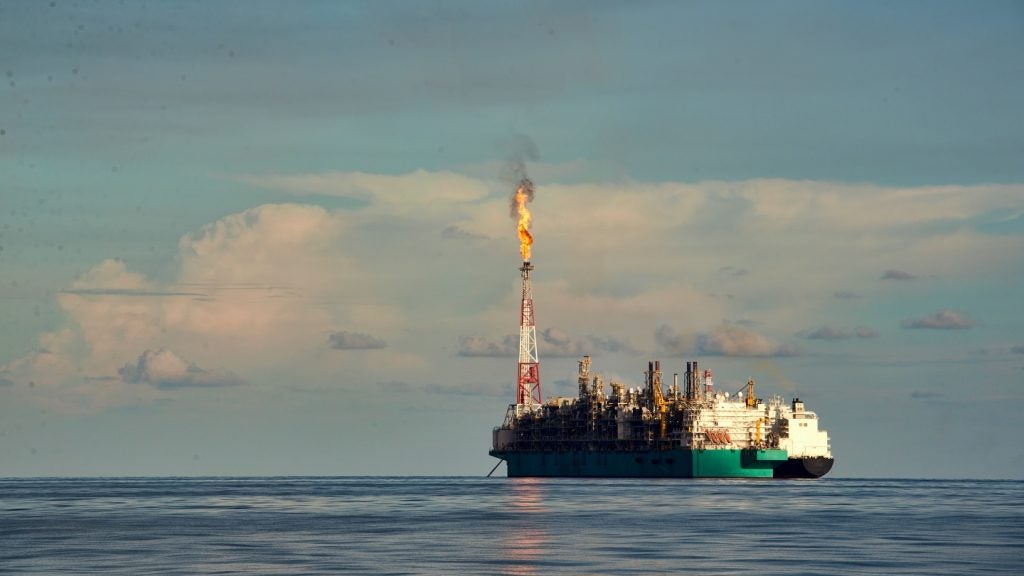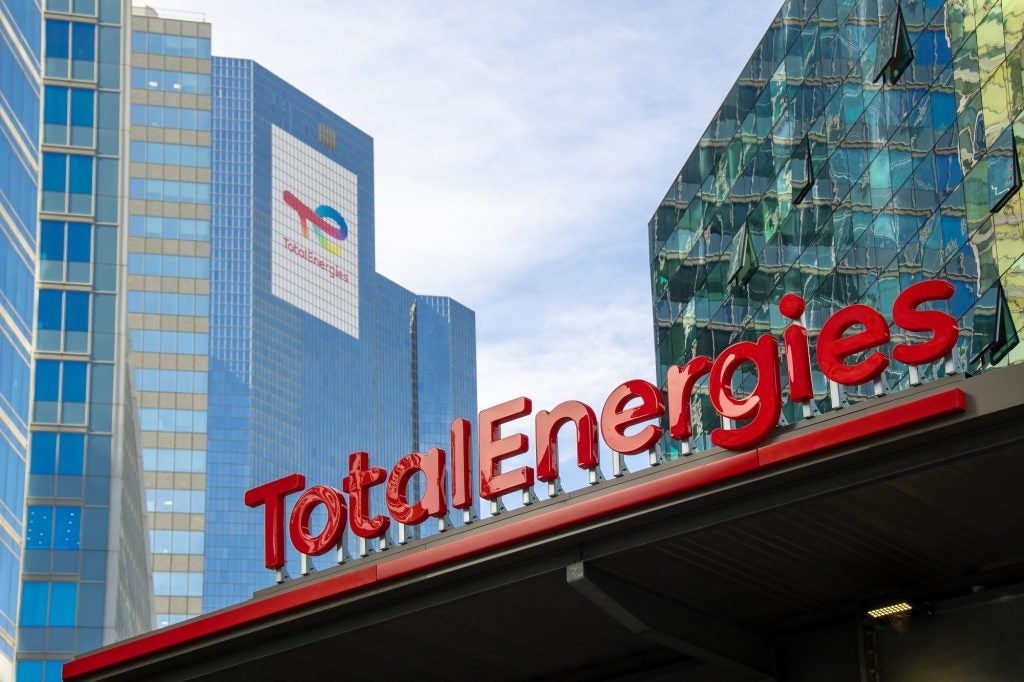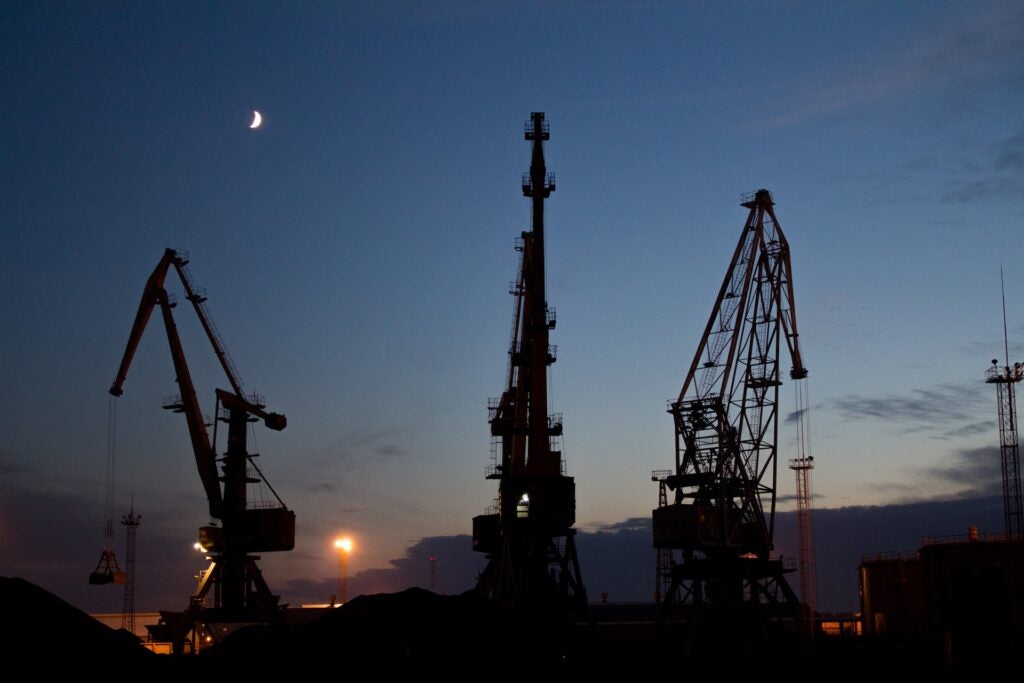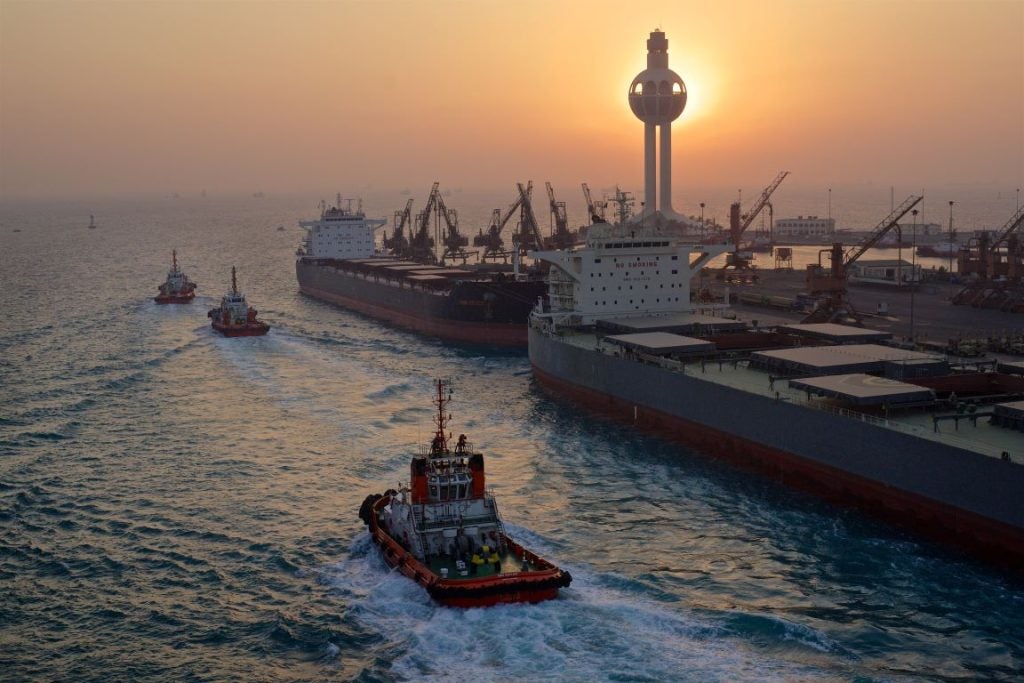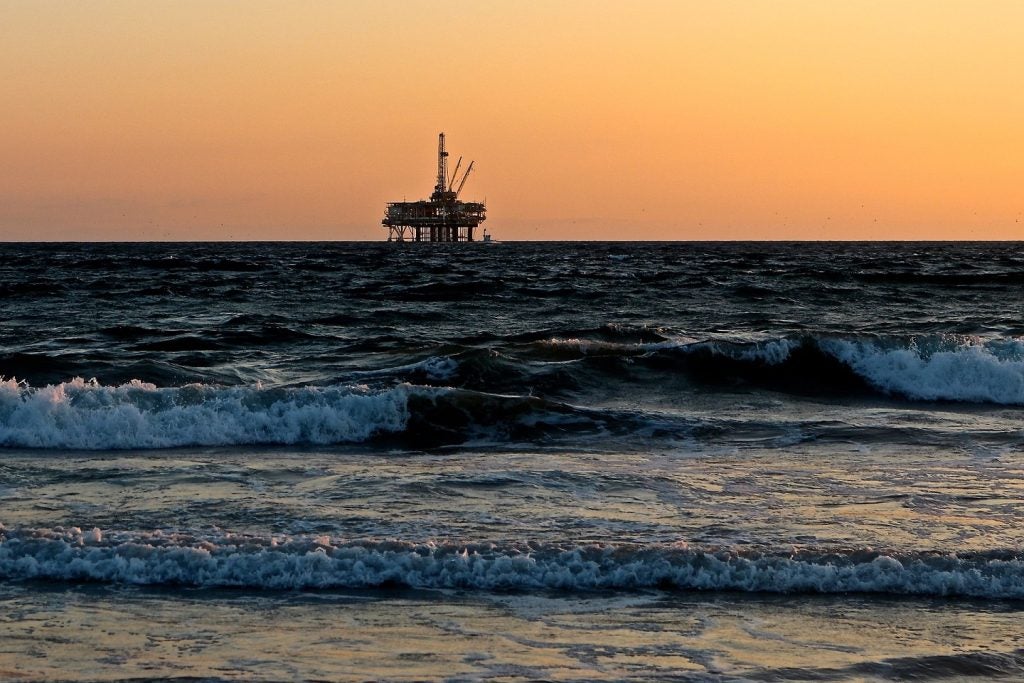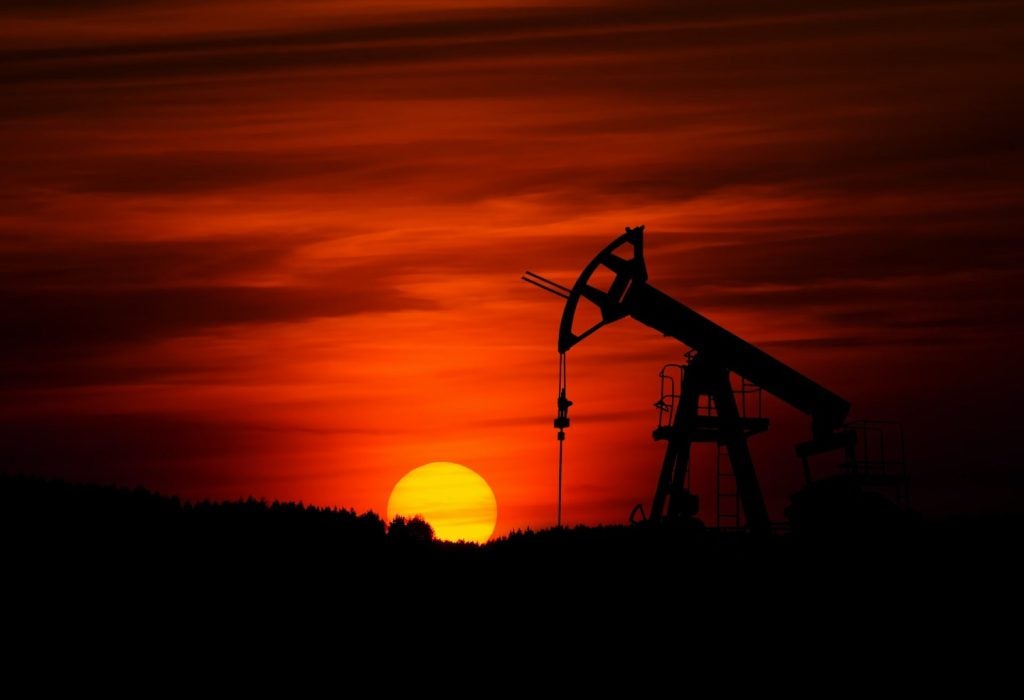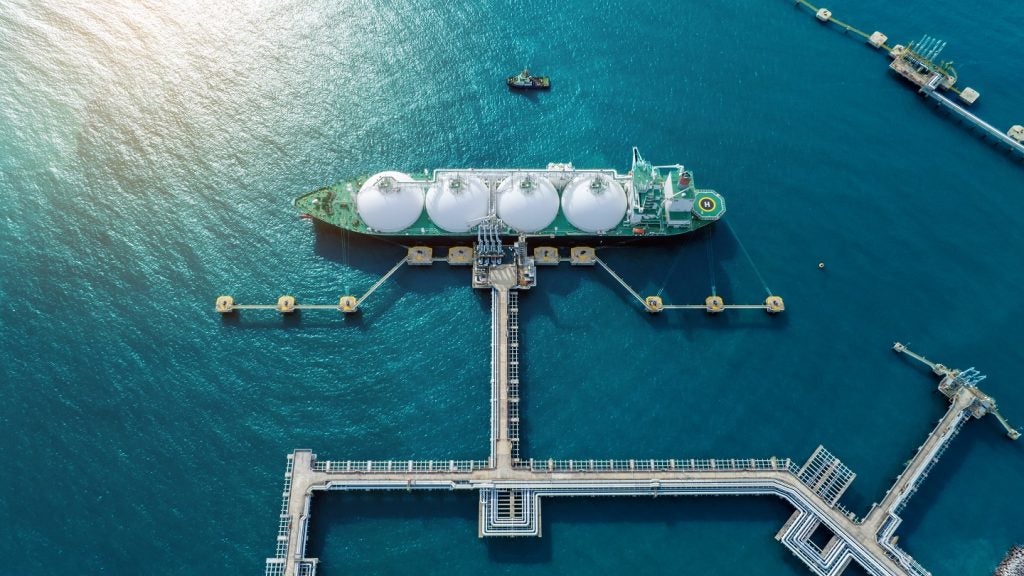TotalEnergies, along with its partners, has commenced production from the Akpo West field located in the PML2 licence offshore Nigeria.
Situated 135km off the Nigerian coast, the Akpo West field is expected to contribute significantly to the region's energy production.
The field is tied back to the pre-existing Akpo FPSO facility, which has been operational since 2009.
As of 2023, the FPSO had a production rate of 124,000 barrels of oil equivalent per day (boepd).
By mid-2024, the field will further boost production with an additional 14,000 barrels of condensate per day, and by 2028, it is projected to produce up to four million cubic metres of gas daily.
The strategy behind the Akpo West development is to utilise the existing facilities at Akpo to optimise costs and reduce greenhouse gas emissions.
TotalEnergies operates the PML2 licence with a 24% interest, alongside partners CNOOC with a 45% stake, Sapetro holding 15% and Prime 130 with 16%, with the Nigerian National Petroleum Company overseeing the concession of the production-sharing licence.
TotalEnergies exploration and production senior vice-president for Africa Mike Sangster said: “After Ikike in 2022, TotalEnergies is pleased to start production of another tie-back project in Nigeria, Akpo West, which will contribute to maintaining the production of the existing Akpo facilities by developing additional nearby resources.
“This project fits the company’s strategy of developing low-cost and low-emission projects. This project leverages TotalEnergies’ solid footprint in Nigeria and will quickly bring value to the country, TotalEnergies and its partners.”
In a separate development impacting the oil and gas sector, TotalEnergies has ceased sending ships through the southern strait leading to the Red Sea and the Suez Canal for several weeks, reported Reuters.
The Bab-el-Mandeb strait has experienced disruptions due to Houthi attacks on commercial vessels, which has resulted in increased freight costs and restricted traffic flow.
Commenting on the situation, TotalEnergies CEO Patrick Pouyanne said that the costs of going through the Red Sea have increased, in part due to higher insurance premiums.
Pouyanne added: "The conflict between the Houthis and the US-led coalition is having a significant impact on the region. So we are careful and are no longer crossing the Red Sea."


